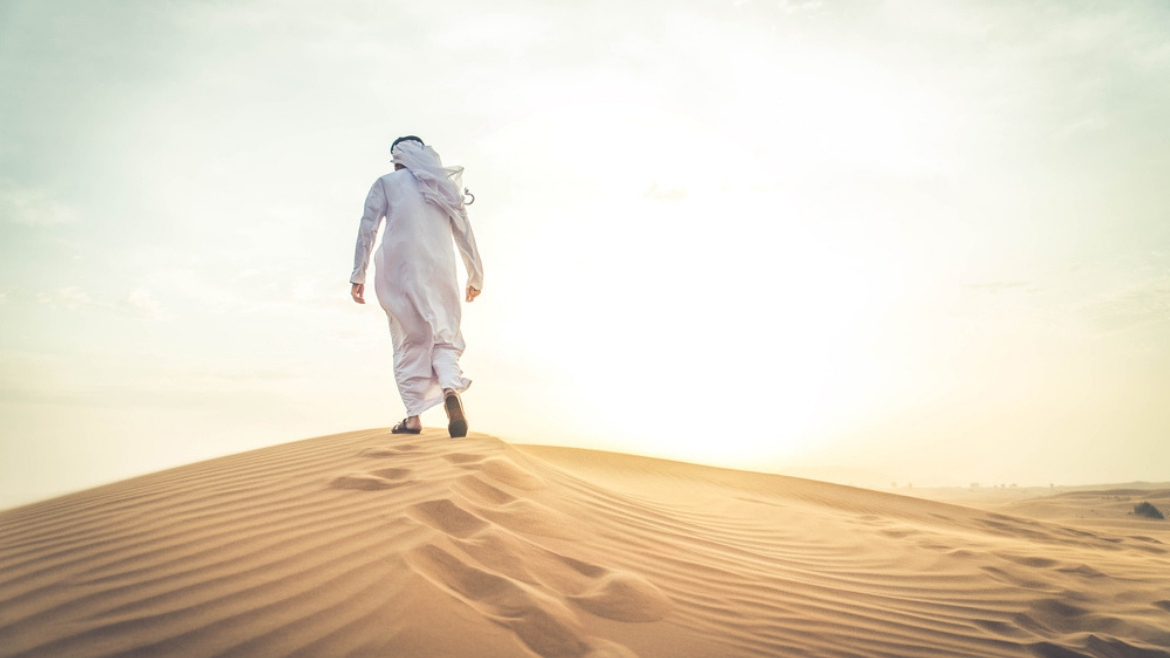Male cancers, including prostate, testicular and penile cancer, were not among the top health concerns in Saudi Arabia until recently. “Prostate cancer is the number one cancer amongst men in most Western countries, but that hadn’t been the case in Saudi Arabia; it had been number five but now it is number two [among men over the age of 60],” explains Danny Rabah, professor of surgery and head of the division of urology at King Khalid University Hospital in Riyadh.
The main reason for this is the increasing life expectancy of a growing population. Prostate cancer, which is the most common of the three and often seen in men over the age of 50, made up 6.1% of all male cancer cases in Saudi Arabia, according to data from 2014 (the latest available), and it has been increasing over the last five years. It presents through a number of symptoms such as a hesitancy or urgency to urinate, which can often be mistaken for age-related prostate enlargement.
Penile cancer, which frequently manifests as a growth or sore on the penis that refuses to heal, is virtually unknown in the Kingdom; it is less common among men who are circumcised, as are the majority of men in Saudi Arabia. And testicular cancer is rarer still.
A key difference compared with the West though, explains Khalid AlOthman, urologist and uro-oncologist at the King Faisal Specialist Hospital and Research Centre, is that patients in the Kingdom are diagnosed mostly at advanced stages of prostate cancer. “It’s actually a kind of silent cancer, probably only presenting when the patient is at a very advanced stage, such as through compression because of a large tumour.”
The prognosis is bleak: “In a society that doesn’t practice early detection and testing, the problem will only become worse.” But what is preventing early detection for these male cancers in the Kingdom? Although male fears over the loss of sexual function resulting from treatment are often cited, a lack of awareness appears to be the root cause, compounded by weaknesses in the healthcare system.
To read the full article, please download the pdf from the links below.
Download English PDF
Download Arabic PDF





